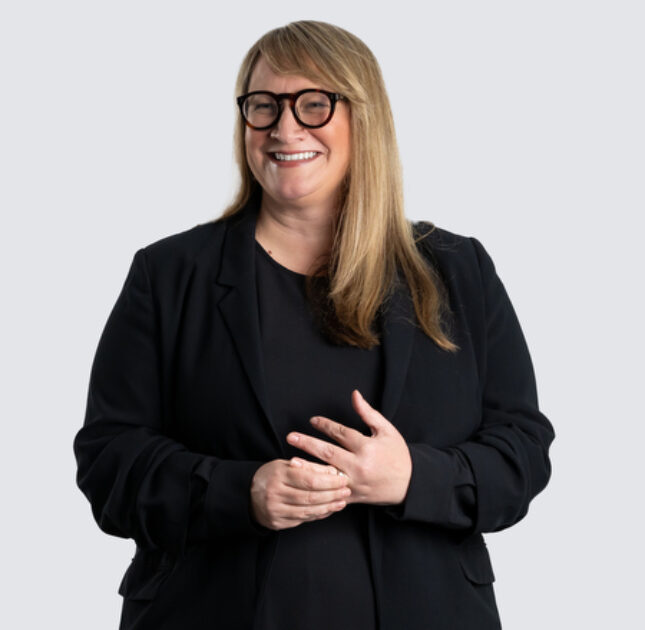Like many of others, I watched ITVs Ross Kemp: Living with dementia which explored the heart-breaking reality of dementia.
The episodes were filmed both before and during the COVID19 lockdown and demonstrated the harrowing reality of the disease.
The catalyst for Ross Kemp making the documentary is his Eastender’s TV mum, Dame Barbara Windsor. Dame Barbara was diagnosed with Alzheimer’s disease six years ago and the documentary includes her husband, Scott, sharing the reality of living with a loved one with dementia.
The second part of the documentary revealed that during lockdown Barbara’s health had declined, along with her speech and she was regularly falling at night. Scott’s fear had come to a reality as the Consultant informed him that Barbara may have to move into a care home.
He described the reality of where this ends up, ‘which can be totally bed ridden, forgetting how to speak, forgetting how to swallow….It takes away everything that you know of functioning normally’.
Scott explained that 70% of people in care homes suffer with dementia and 60% of those who require care at home suffer with dementia with the average amount a person pays for care being £100,000.
Ross explores the reality of care and relights the national debate of social care. The documentary was heart-breaking, but essential to show the reality of our care system and an all too familiar story to thousands. It showed the huge financial implications with 400 homes sold every week to cover care costs.
Ross travelled to Devon and meets Meryl Smart, who faces the unenviable task of selling the house of her mother, who has dementia, to pay for her £78,000 annual care home fees. As a result of her dementia, Meryl’s mum exhibits challenging behaviour and during the COVID19 pandemic was forced to look for an alternative care home as her mother’s care home could no longer cope with her mother’s increasing needs. It was heart-breaking to see that on top of the distress of not seeing her mum during the pandemic, she was thrown into the nightmare of finding a different care home for her too.
Meryl explained she had tried to care for her mum, but just could not cope with her increasing needs. She described dementia as an ‘evaporation of love’ and ‘so cruel’. The pandemic was eating into her time with her mum. It poignantly showed the devastating reality of dementia.
The reality for Meryl in selling her mum’s history was devastating. The pandemic has halted any sale to the home, but the local authority had agreed to pay the care costs and would reclaim the costs following the sale of the property.
What the documentary did not show was the potential NHS funding which may be available. NHS continuing healthcare is sometimes referred to as the ‘secret funding’ when the NHS meets the full cost of care regardless of someone’s income or wealth.
The NHS will fund an individual’s care if their primary need is for health. Funding is not granted due to a diagnosis of an illness, but by considering the type and amount of care a person requires.
For over ten years, my colleagues and I have fought for families to ensure they have secured their entitlement for NHS Continuing Healthcare. Whilst there has been some improvement in the number of people receiving funding, sadly the process has become more bureaucratic, leading to extensive delays and unnecessary appeals due to restrictive NHS decisions.
There also continues to be a lack of clear information, leading to patients not being assessed for full NHS funding and therefore having to meet the entire cost of care. This leading to families retrospectively claiming back care fees which were wrongly paid.
Thank you to Ross Kemp for relighting this national debate on care. People should receive quality and affordable care in the last chapter of their life.

